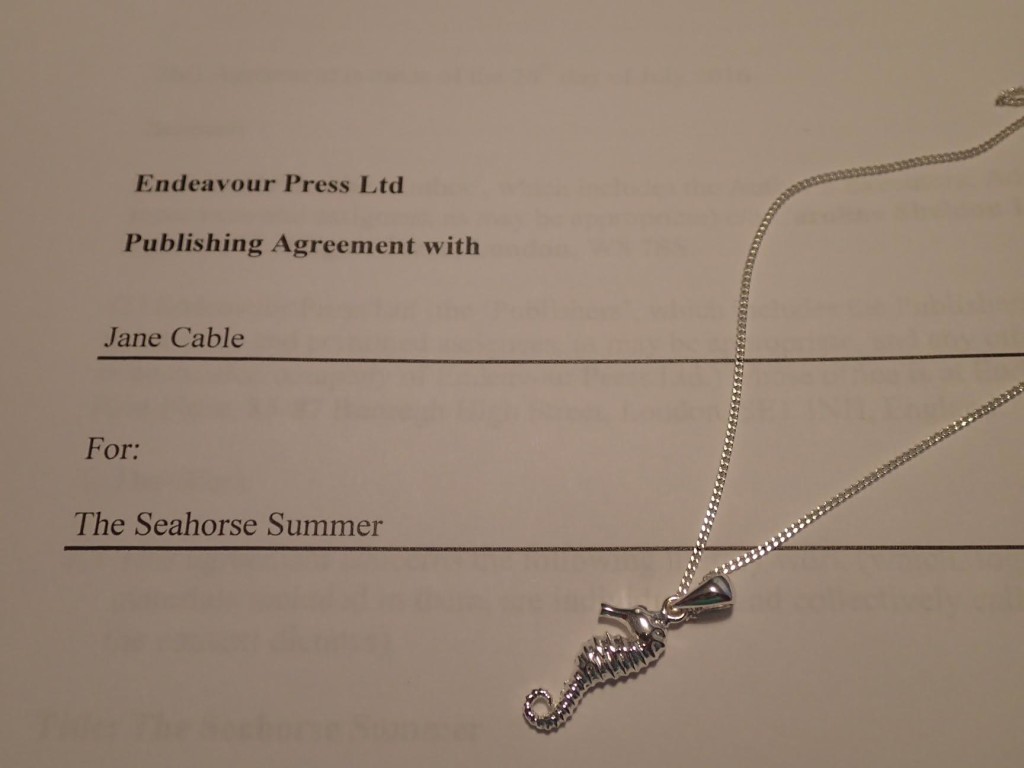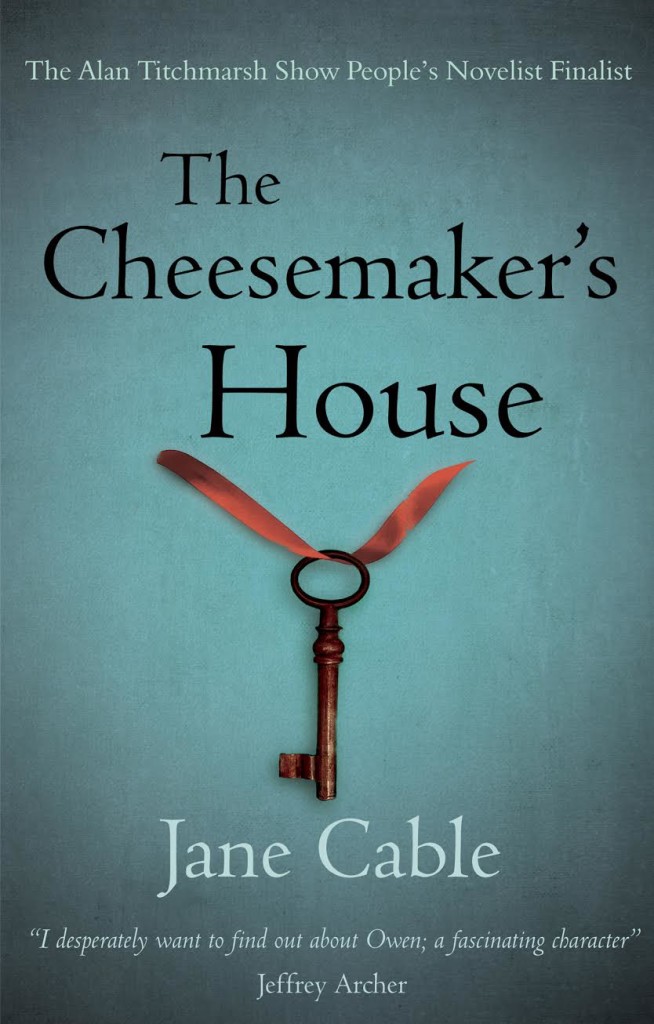Jane Cable’s blog about what happens once that digital publishing deal is in the bag continues.
CRITICAL ENDEAVOUR
A few weeks ago I mentioned I’d visited a book club who’d been reading The Cheesemaker’s House. Now I love being invited to book clubs because they’re a great opportunity to meet readers and talk about books – mine and other people’s – for ten minutes before the wine starts flowing anyway. But this time we talked about books most of the night.
This club was the one my friend Becky belongs to and was held in the familiar surroundings of her kitchen. The amount of food (everybody brought a plate) and the number of women squeezed onto and around her table had to be seen to be believed. By the time the late arrivals fought past the chairs nearest the back door it was difficult to see any part of the floor at all.
The lovely woman sitting next to me told me the club had started in January 2000 when their children were small and she showed me a list of every book they’d read. The fact mine was on the list at all was entirely due to Becky’s enthusiasm and I felt very humble – and suddenly really worried I was going to let her down.
In fact it was a wonderful discussion. Most people had enjoyed the book but it had clearly been read with a critical eye as well and there were a few points of contention. There is one scene where a rather drunken suitor goes a bit too far with Alice after a party: did it border on sexual assault, or was it just the sort of thing most women have had to contend with at some time or other? Some had noticed there was perhaps an element of possession (in the ghostly sense) involved, so did that make it all right?
Favourite characters is also a great topic for debate and is a question I’m always asked. Because the book is written entirely from Alice’s point of view I obviously became very close to her so it was really interesting for me that Becky wasn’t very keen. What I did love was the way that people related to my secondary characters; Adam, the gay (but in no way camp) best friend and Margaret, the sage but lively elderly neighbour. When I first started writing I was told that my minor characters were like cardboard cut outs so it always pleases me when the care and attention I give to them now shines through.
We also talked long and hard about charmers. The main love interest in the book, Owen, is known as the village charmer (although he denies it) and before the story starts I give the following explanation:
‘Charmers work largely with non-herbal cures for complaints. Secrecy surrounds their work, which must not be done for gain, and while men or women may be charmers, the gift must be passed contra-sexually, man to woman or woman to man; charmers often receive their powers and word charms from old persons anxious to pass their skills to a worthy successor.’
The concept is a fascinating one and we fell to talking about whether such people exist today. My researches seemed to indicate they died out in the West Country in the 1950s but one member of the group knew different: her husband (who is French) had been given a charm by an elderly lady from his home village just before she died. Her story sent shivers down my spine. There’s nothing better than finding an extra kernel of truth in your fiction.
Read Frost’s review of The Cheesemaker’s House here: https://www.frostmagazine.com/2013/12/the-cheesemakers-house-book-review/
Jane Cable is the author of two independently published romantic suspense novels, The Cheesemaker’s House and The Faerie Tree, and a sporadic contributor to Frost. Another You tells the tale of how two young American soldiers born sixty years apart help forty-something Marie Johnson to rebuild her shattered confidence and find new love. Discover more at www.janecable.com


